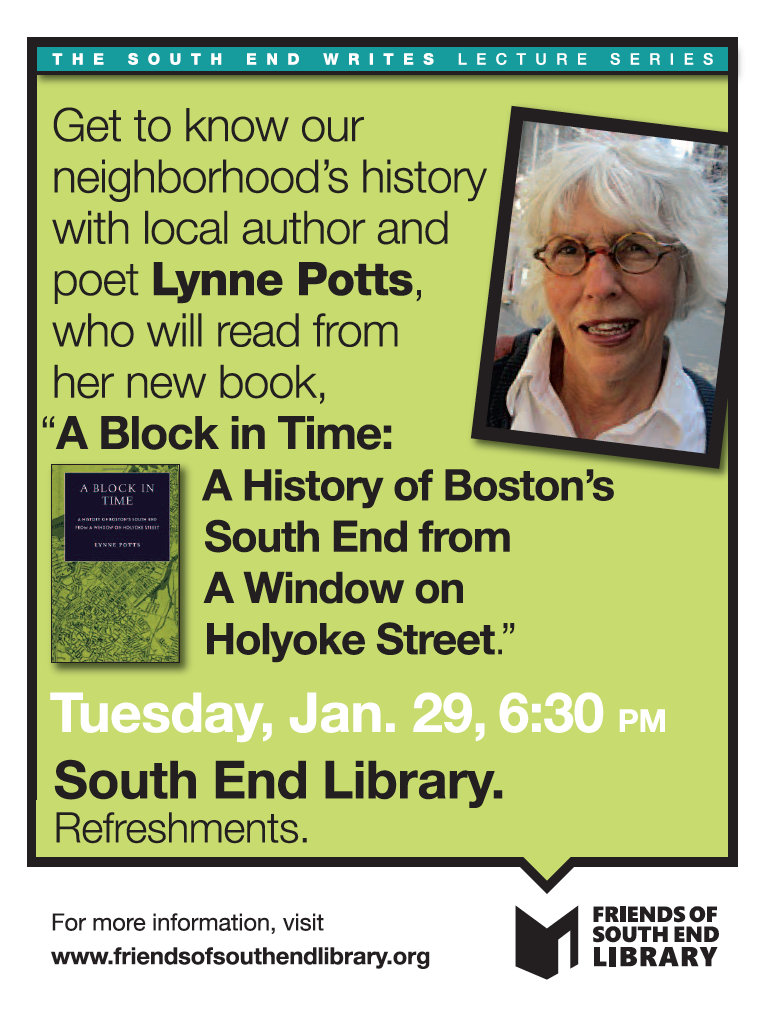Saundra MacKay, a long-time South End resident who describes herself as a former “fat child,” will talk about her debut romance novel, The Measure of Love on Tuesday, April 12 at 6:30 PM. A devotee of the romance novel, MacKay, who holds a gradual degree in education with an emphasis on social justice, hopes to start a conversation about the prevalence of size-intolerance as demonstrated by, among other things, the lack of full-sized heroines in romance publishing. The Measure of Love is the story of Vanessa, a career woman who finds herself in a body the voluptuous size of which she senses is not particularly valued in our slim-obsessed modern society, but who is nevertheless juggling the love interests of two very different men. Find out what the author, who grew from a plus-sized teen into a large-sized adult, has to say about what she describes as “the mystique and splendor” of the women of size of today, and feel free to weigh in with tales of your own.
What Does China Want? you may have asked yourself, watching the latest military and economic developments involving America’s second-most-important trading partner (after Canada) and not-infrequent political adversary. Renowned China specialist Ross Terrill will be at the South End library on April 26 to talk about what he calls The China Challenge, and touch upon the latest conundrums posed by the once-locked-away empire that is now deeply intertwined in the global culture. Terrill, a South End resident, is the author of innumerable articles and many books, including The Chinese Empire; Biography of Mao; China in Our Time: The Epic Saga of the People’s Republic from the Communist Victory to Tiananmen Square and Beyond; Madame Mao; and The New Chinese Empire –winner of the Los Angeles Times Book Prize in 2004. A Research Associate at Harvard’s Fairbank Center for Chinese Studies, Terrill was a contributing editor at The Atlantic Monthly in the 1970s, when he won the National Magazine Award for Reporting Excellence and the George Polk Memorial Award for Outstanding Magazine Reporting for writings on China. Raised in rural Australia, he also also wrote The Australians. He has visited China almost every year for many years; within China, his biography of Mao, in Chinese translation, has sold more than 1.5 million copies. Terrill has recently been visiting professor at the University of Texas, Austin, and at Monash University in Australia.
Michelle Hoover’s two novels, The Quickening and Bottomlands, are both set in America’s rural heartland in the early 20th century. She will discuss them in a talk at the library on May 3. The Quickening, based on a great-grandmother’s journal, describes an unlikely friendship between two women in a time of harsh economic realities. In addition to being shortlisted for the Flaherty-Dunnan First Novel Prize, it was a Massachusetts Book Award Must Read pick. Her latest, Bottomlands, is the story of a German-American family living in Iowa after the First World War, a time of strong anti-German sentiments. Struggling to survive as farmers, they are trying to piece together why their two teenage daughters vanished in the middle of a night. Hoover is the Fannie Hurst Writer-in-Residence at Brandeis University and teaches at GrubStreet, where she leads the Novel Incubator program. She is a 2014 NEA Fellow and has been a Writer-in-Residence at Bucknell University, a MacDowell Fellow, and a winner of the PEN/New England Discovery Award. Born in Iowa, she lives in Boston.
Or is it the reverse? You can find out May 31 at the library. Monica Collins is The Dog Lady whose columndog lady, Ask Dog Lady, appears in many publications, including The South End News, Cleveland’s Plain Dealer, The Cambridge Chronicle and Salem News. A former staff writer for USA Today, TV Guide, and The Boston Herald, Collins writes on her web site that she changed her journalistic focus from TV critic to lifestyle columnist after she acquired a West Highland white terrier. She has answered pet owners’ most confounding questions involving relationships, dog park etiquette, divorce, custody complications, and whether the dog belongs in your marital (or single) bed. One reader wanted to know why an earlier advice-seeker should not have mentioned in a job interview that the garment she was wearing that day had been knit from her dog’s hair (yes, you guessed it: Too much information). With annual pet spending reaching close to $60 billion a year and American households owning almost 60 million dogs, Collins is barking down from the right tree, no doubt, and you can bark up hers at the library to receive her typically compassionate, intelligent and culturally resonant answers to your canine questions.
Jenna Blum, the acclaimed author of the award-winning New York Times bestseller, Those Who Saved Us (2004), and The Stormchasers (2010) will talk about her latest work on June 24. It is a novella called The Lucky One, published in the new anthology coming out in June, called Grand Central. A collection of stories related to the Holocaust by ten bestselling female writers, Blum’s contribution was one she had been reluctant to write as it meant returning to the subject of the Holocaust. She says on her web site that the research and writing of Those Who Saved Us, which explored how non-Jewish Germans dealt with the Holocaust, was a searing experience. But she remembered one story she had heard when she worked for the Steven Spielberg Survivors of the Shoah Foundation, where she interviewed Holocaust survivors. It had struck a cord with her, she said, and became the genesis for The Lucky One. It is set, like each of the stories in the anthology, on the same day in Grand Central Terminal right after the Second World War. Blum’s successful writing career began when she was fourteen, and her first short story won a third prize when it was published in Seventeen Magazine. Another short story, The Legacy of Frank Finklestein, won first prize two years later. Since that time, Blum’s work has been featured in Faultline, The Kenyon Review, The Bellingham Review, Glamour, Mademoiselle, and The Improper Bostonian. Blum has taught creative writing and communications writing at Boston University, was the editor at Boston University’s AGNI literary magazine for four years, and led fiction and novel workshops for Grub Street Writers in Boston since 1997.










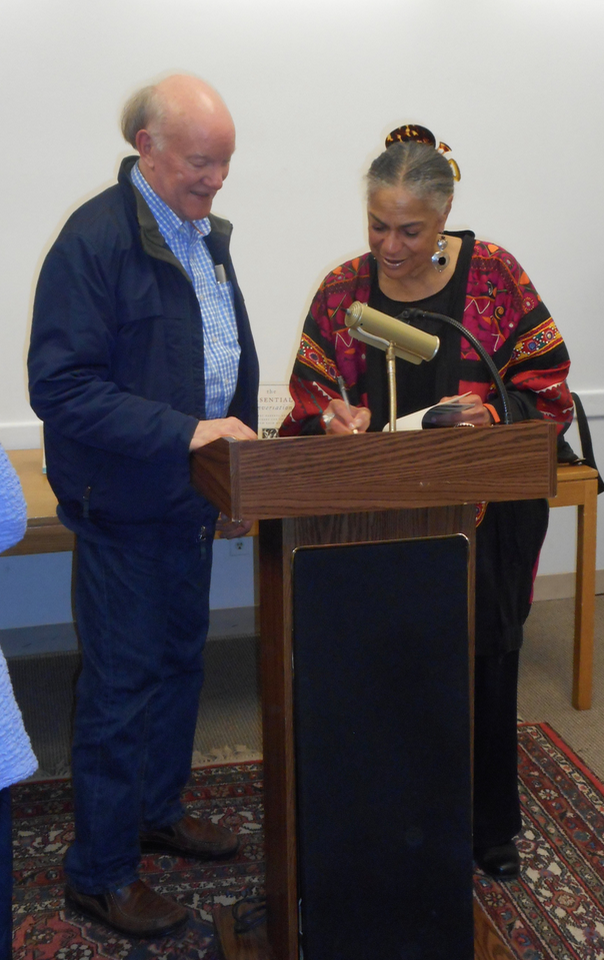











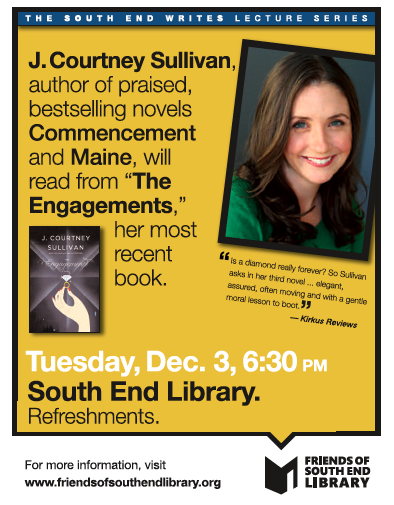





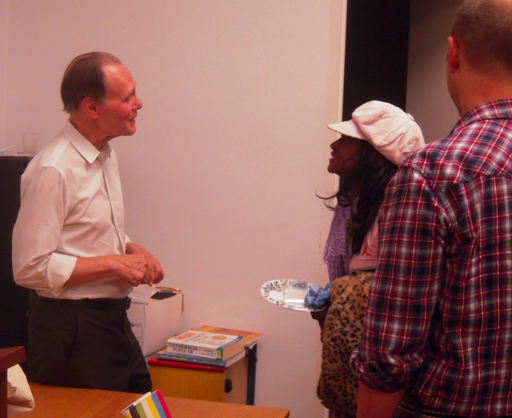
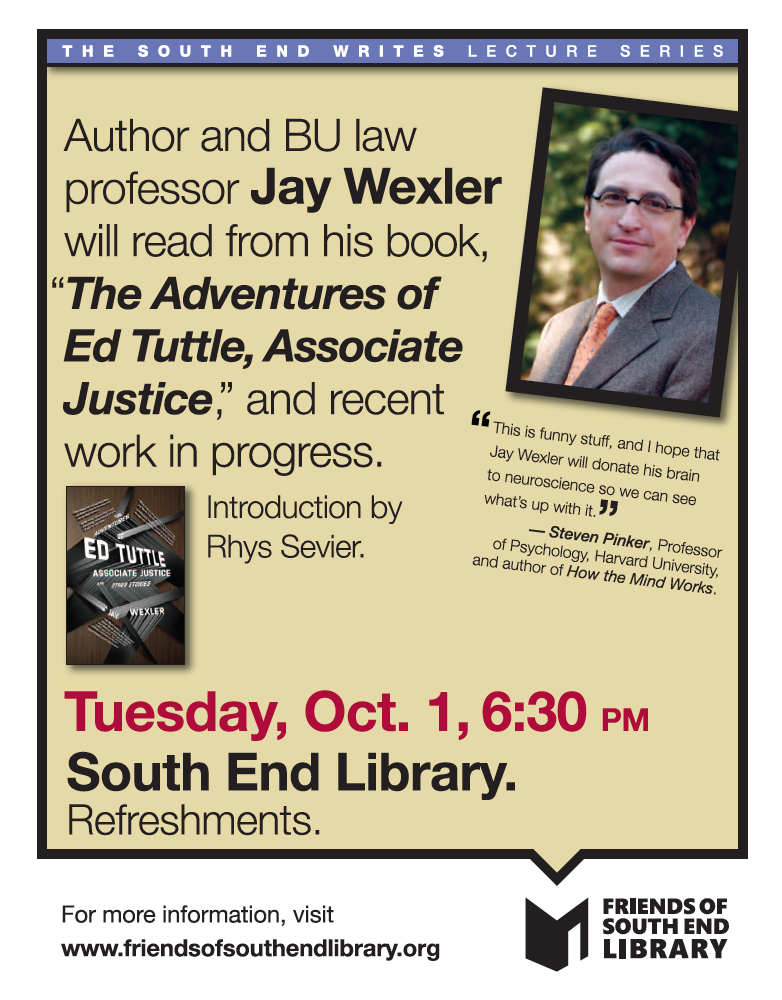

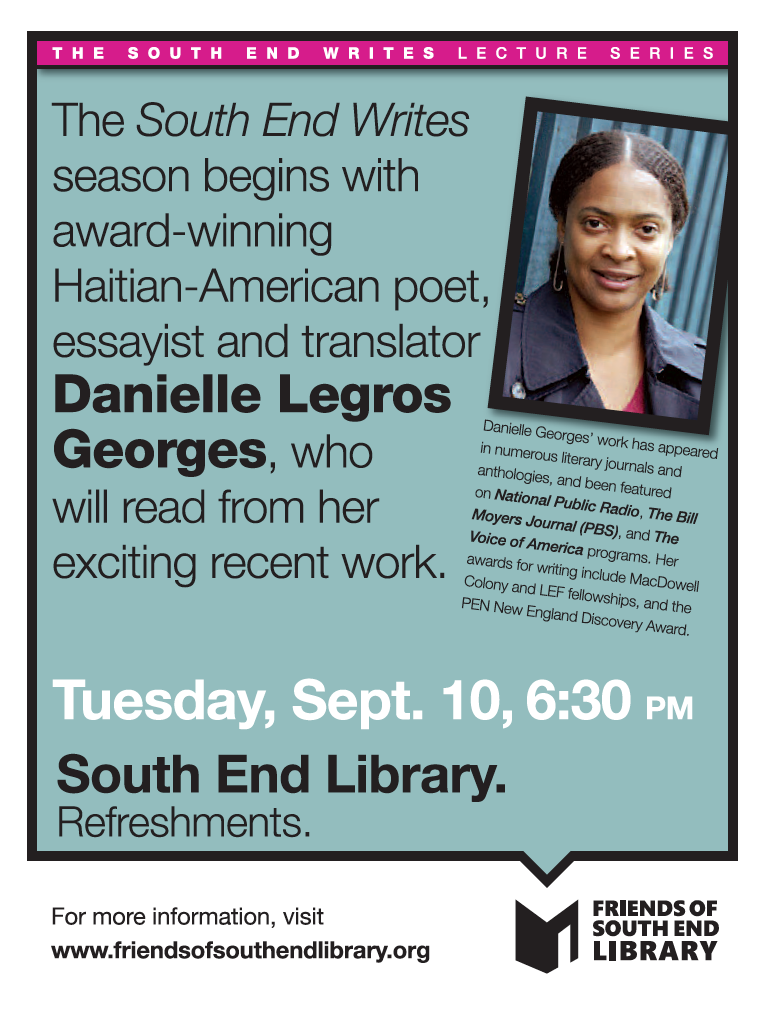








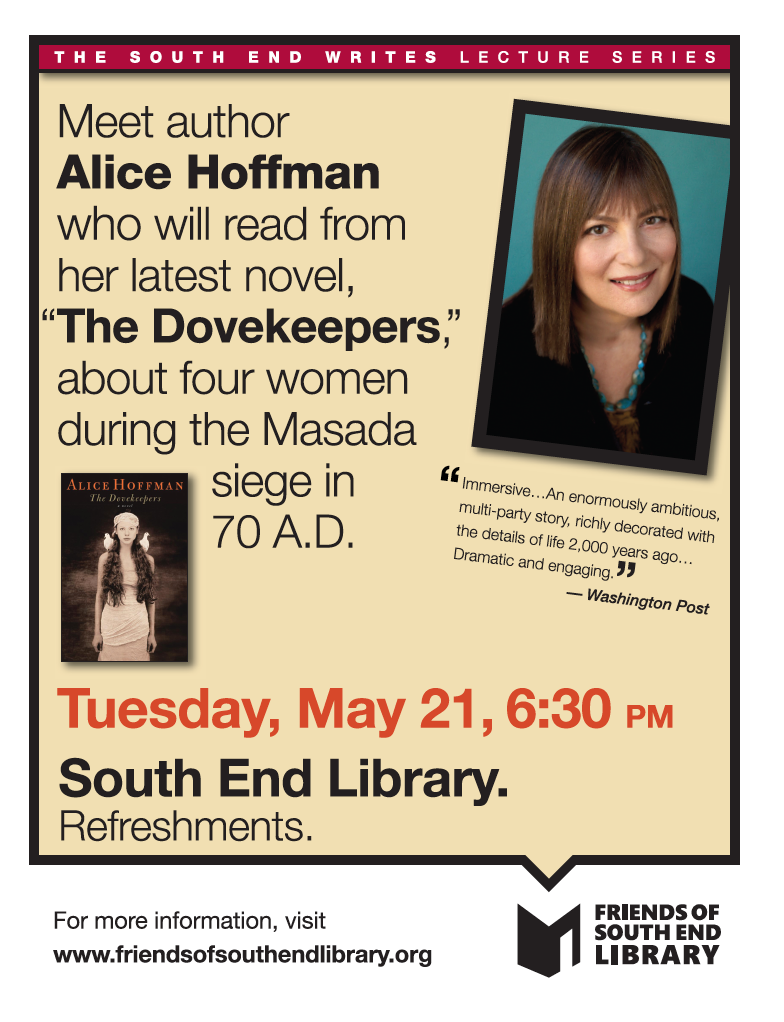





![]Mari Passananti poster](https://images.squarespace-cdn.com/content/v1/58b8b7d8893fc0ddb1aad68a/1488509278412-6YPAHJIBUEJP22ZN2COU/Mari-Passananti-poster.png)



